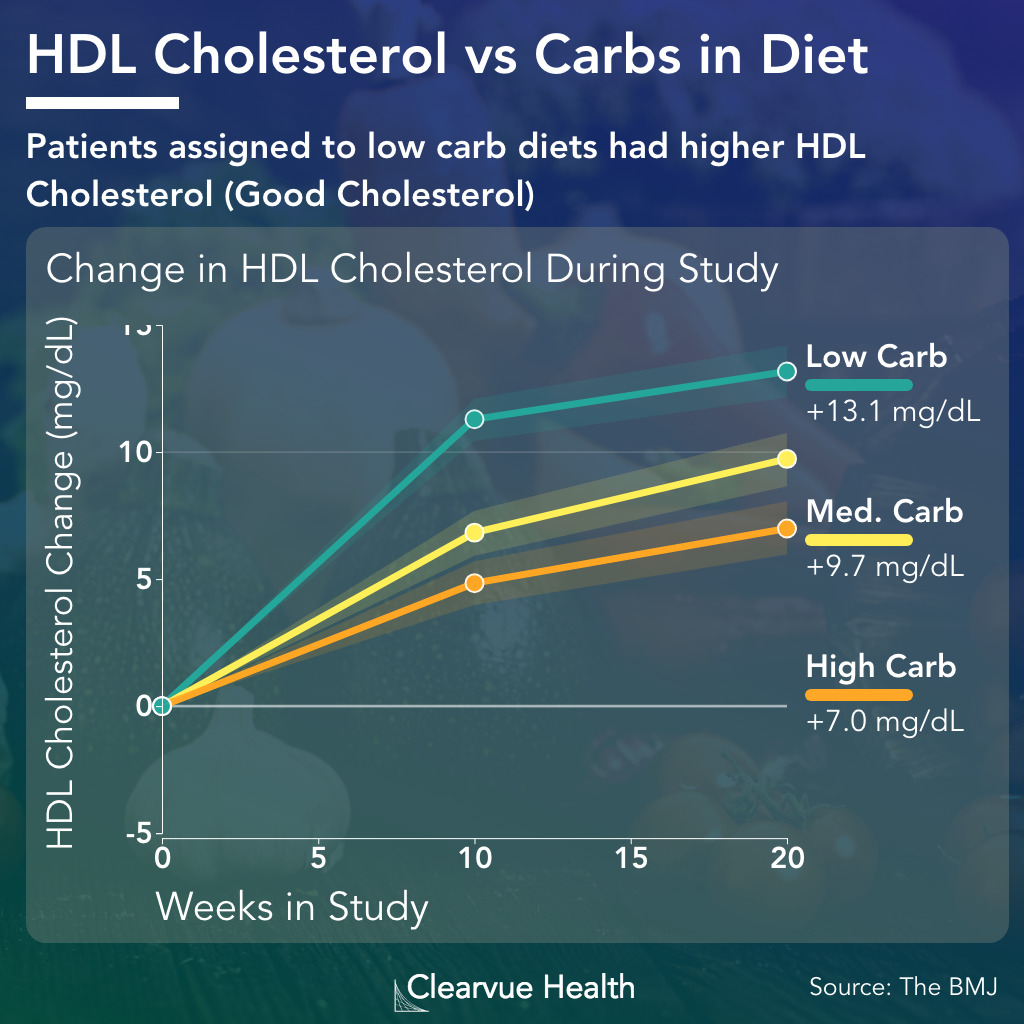
Download citation. Details of participants’ characteristics are presented in Table 1. Table 3 presents the association between carbohydrate factors and blood lipids. Fish — such as salmon, tuna, and cod — can be an excellent source of protein, and they contain unsaturated fat, such as omega-3 fatty acids, which can be beneficial for the body. The Framingham Study [observational study, weak evidence]. Nakashima, M. Dave Feldman of cholesterolcode. Grundy SM. Cossrow N, Falkner B.
Thank you for visiting nature. To obtain the best experience, we recommend you use a more up to date browser or turn off compatibility mode in Internet Explorer. Considering the strong correlation between carbohydrate and fat intake, we defined and assessed the association of the carbohydrate-to-fat ratio with the high-density lipoprotein cholesterol HDL-c level using year follow-up data from the community-based cohort of the Korean Genome Epidemiology Study. We evaluated the long-term changes in HDL-c levels according to quartiles of carbohydrate-to-fat ratio using a mixed model. We also assessed the effect of the carbohydrate-to-fat ratio on the prevalence and incidence of hypo-HDL-cholesterolemia. Of 6, subjects, the prevalence of undiagnosed hypo-HDL-cholesterolemia at baseline was Among the disease-free subjects,
The effect of dietary carbohydrate on blood lipids has received considerable attention in light of the current trend in lowering carbohydrate intake for weight loss. To evaluate the association between carbohydrate intake and serum lipids. Blood samples and hour dietary and physical activity recall interviews were obtained from each subject at quarterly intervals for five consecutive quarters between and from healthy adults in Central Massachusetts. Relationships between serum lipids and dietary carbohydrate factors were assessed using linear mixed models and adjusting for other risk factors known to be related to blood lipids. Both cross-sectional and longitudinal results were reported. In a one-year longitudinal analysis, GL was positively associated with total and LDL-C levels, and there was an inverse association between percentage of calories from carbohydrate and HDL-C levels. Results suggest that there is a complex and predominantly unfavorable effect of increased intake of highly processed carbohydrate on lipid profile, which may have implications for metabolic syndrome, diabetes, and coronary heart disease. Further studies in the form of randomized controlled trials are required to investigate these associations and determine the implications for lipid management. Hyperlipidemia is established as a major risk factor for coronary heart disease CHD [ 1, 2 ].
Tertile 3. I agree. Cochrane Database Syst Rev. Am J Clin Nutr , 65 —
